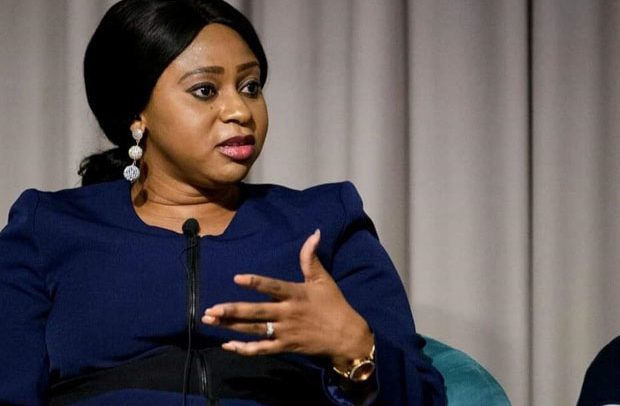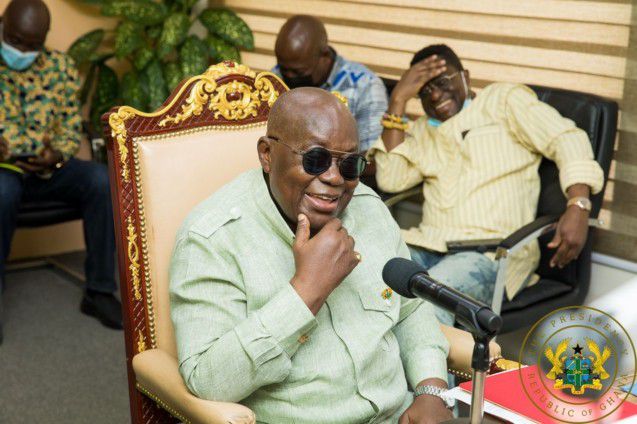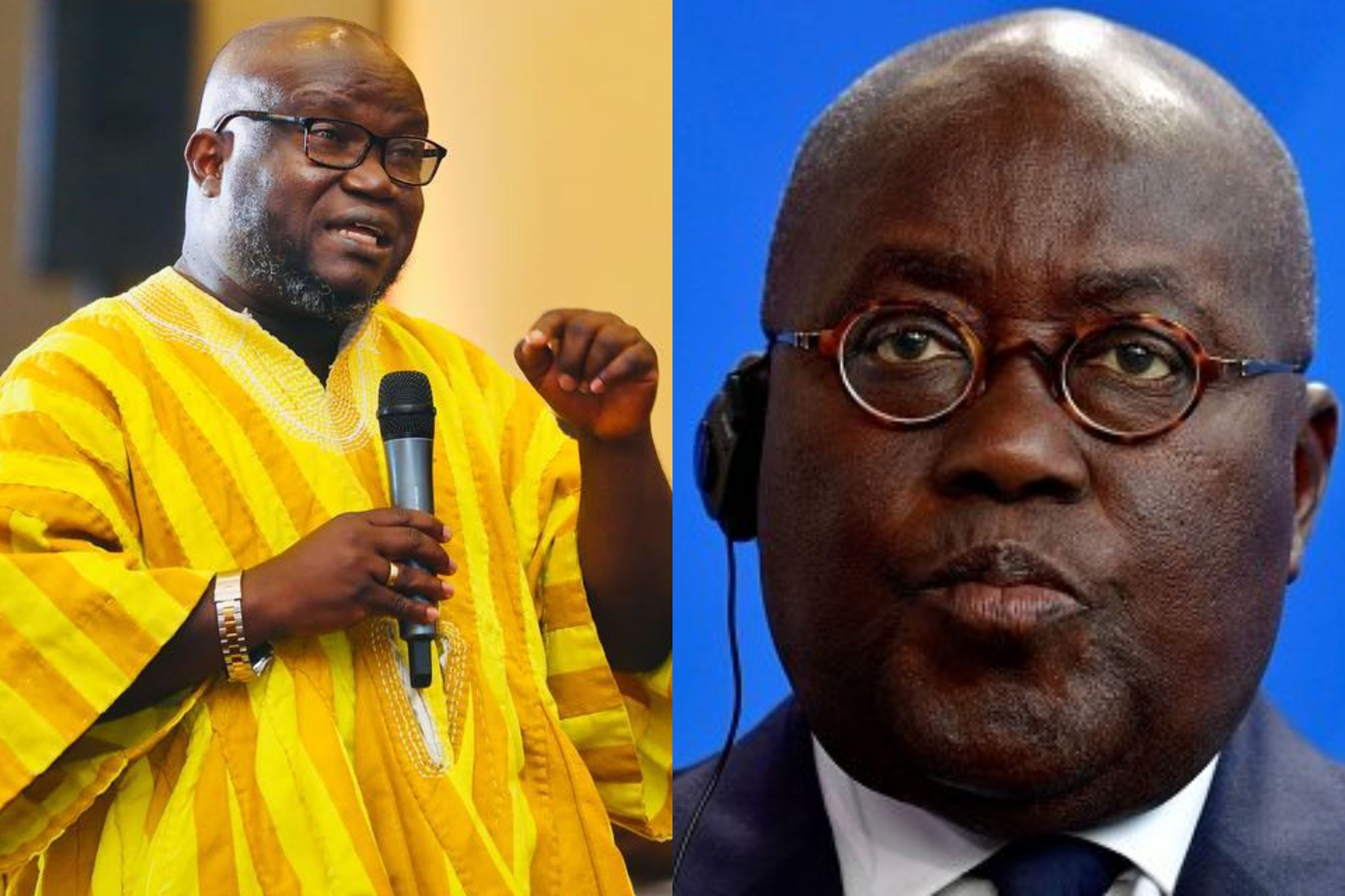
The Public Procurement minister has admonished stakeholders in the fight against corruption to reinforce all efforts at addressing the menace by making it a high-risk activity.
Such an initiative, Sarah Adwoa Safo noted, will strengthen the country’s procurement system which has been recording higher percentages of malpractices in the Auditor-General’s report on Ministries, Departments and Agencies (MDAs).
“I wish to state, the Auditor-General’s Report captures about 80% of its findings being public procurement related malpractices. This is very worrying.
“To achieve a ‘Ghana beyond Aid’, we need to strengthen our procurement systems by making corruption a high-risk activity and punishing public officers. This will serve as a deterrent to many,” she stated on Saturday in Koforidua, Eastern region.
The Deputy Majority Leader was addressing at a two-day workshop attended by the Leadership of Parliament and some Committees of the House.
Representatives of committees such as Finance, Roads and Transport, Works and Housing, Public Accounts, Health, Local Government and Rural Development, Communications as well as Defence, took part in the workshop.
The rest are Mines and Energy, Trade Industry and Tourism as well as Education.
The workshop was under the theme “Enhancing Parliamentary oversight through Public Procurement.”
According to her, public procurement in Ghana statistically, accounts for approximately 70% of expenditure which represents a chunk of the country’s total Gross Domestic Product (GDP).
However, conflict of interest, collusion and fraud pose a major threat to the judicious utilisation of public funds, a situation the Dome-Kwabya MP emphasised, must be reduced to the barest minimum if not eradicated completely.
Commenting further, Adwoa Safo said Ghanaians should be alarmed by the current report of Transparency International (TI) on Ghana which recorded corruption in all sectors of government and urged the people to work towards remedying it in future.
That notwithstanding, the Organisation for Economic Cooperation and Development (OECD) indication that procurement corruption, collusion and fraud undermine development, should be a wake-up call to all and sundry.

L-R: Adwoa Safo; First Deputy Speaker of Parliament, Joe Osei Owusu and Minority Leader, Haruna Iddrisu.
The First Deputy Speaker of Parliament, Joseph Osei Owusu, who delivered the keynote address, recalled a number of instances where the country failed to act in blocking all the loopholes through which people make money at the expense of the state.
He cited the Public Procurement Act, 2003 (Act 663) mandates each Member of Parliament to serve on the procurement entity board at the Assembly.
However, the said provision in the Public Procurement Act has been neglected, thereby, providing a fertile ground for some players in the procurement process to abuse the system.
Dishonesty
Another issue very critical in addressing corruption in the procurement process, according to Mr Osei Owusu, is dishonesty.
“The biggest challenge we have to deal with as a country is how do we deal with our dishonesty? And it is that which informs all these discussions. I dare say that there is not a single person who does not know the rules or the laws on procurement – whether the person is applying as a contractor or officer.
“If the rules are circumscribed and he wins the contract, he is a good man but if he doesn’t win then the person who won paid a bribe or the officer accepted a bribe. If that same officer tomorrow circumvents the rule and he gets the contract, the narrative changes,” the MP for Bekwai stated.
He added, “The worst part is our political activists. He or she believes that because he or she is a party activist, he or she must automatically benefit from his or her party in power irrespective of anything and yet he or she will turn around to accuse another of being corrupt when the tables turn. We must confront that as a country,” he argued.
Reforms
The Minority Leader, Haruna Iddrisu, on his part, said for the country to reduce corruption to the barest minimum, it must undertake a number of reforms.
One of such reforms, he noted, is for the lawmakers to change the way they assess contract documents brought before them for scrutiny and making recommendations to the plenary for approval.
Another reform, he proposed is the issue of political interference and favouritism in the award of contracts.
“Mr Speaker, one of the major weaknesses of the Public Procurement Act in Ghana today is political interference and political favouritism. Today, if you are NDC contractor, you have no business when the NPP is ruling and when you are NPP contractor, you have no business when the NDC is ruling. The essence of the Procurement Act was to provide for judicious use of public resources to safeguard it in a non-discriminatory manner.
“Let anybody in this room challenge me that our public procurement process is discriminatory and I say so without fear of contradiction. That has to be corrected. That is why we cannot develop businesses – Your business fortunes are tied to a political administration in power – it’s a national wrong we are doing as a country and we need to work to see if we will be able to correct it”, he stressed.
Additionally, he said the delay in payment of contractors and suppliers is a major setback in the procurement process, calling on the Legislature to lead in addressing this phenomenon.
Read Full Story












Facebook
Twitter
Pinterest
Instagram
Google+
YouTube
LinkedIn
RSS